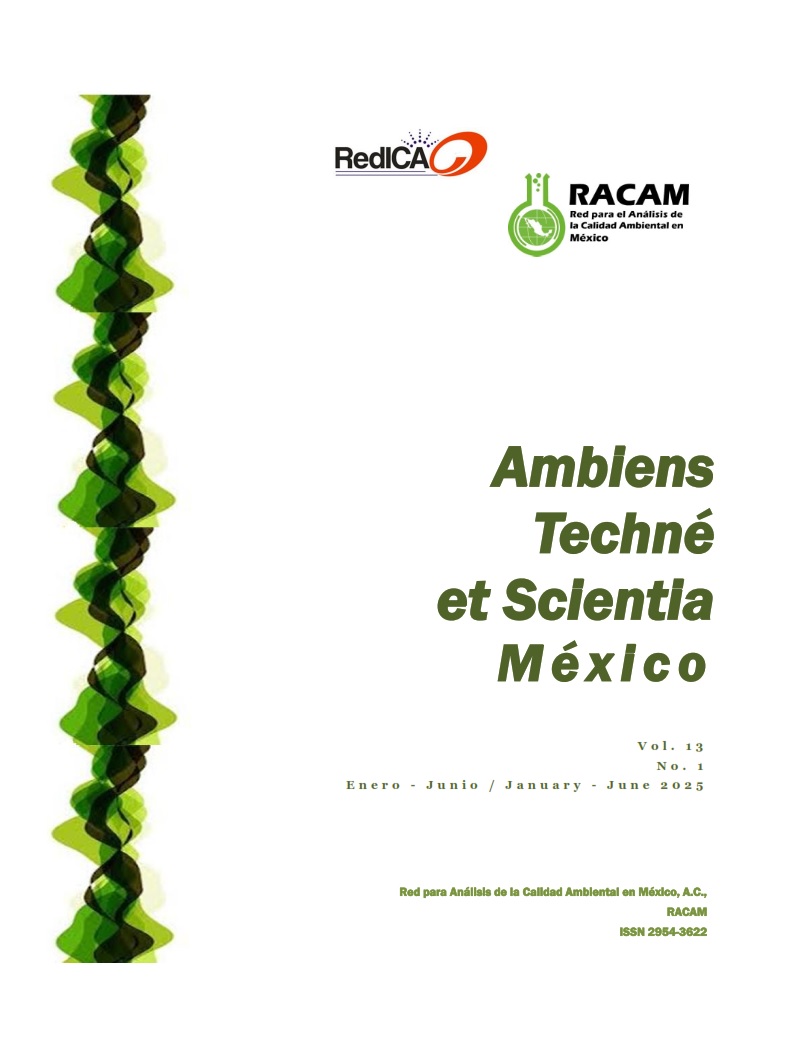Evaluation of the effect of ultrasound with a chemical catalyst in the production of biodiésel from used oil
Keywords:
Used vegetable oil, biodiésel, ultrasound, cavitationAbstract
In Mexico, millions of liters of processed oil are generated in restaurants. It is a hazardous waste due to its corrosiveness, which implies an economic expense for the special containment service. In the case of an inadequate disposal of this hazardous waste, it can contaminate water, air, and soil. On the other hand, used vegetable oil can be used as raw material in the production of biodiésel. In this project, the production of biodiésel from used soybean vegetable oil was investigated, using 22 Hz ultrasound at amplitudes of 10, 20, 30, 40, 50 and 60% with shorter reaction times than those conventionally reported, using NaOH as a catalyst. The results indicate the viability of the transesterification of used soybean vegetable oil to produce biodiésel, since yields between 82 and 89% were obtained in all treatments, observing differences when using ultrasound with respect to the controls. It was observed that ultrasound reduces the heating time and the biodiésel manufacturing process in all cases, which impacts on the reduction of energy used during the biodiésel production. The final product complies with the parameters established in the regulations regarding kinematic viscosity, density, ash percentage, flash point, and cloudiness in all treatments. A drying pretreatment is required in all cases and, at amplitudes of 50 and 60%, a pH of less than 6 was obtained. Therefore, it is necessary to continue with the research using shorter times to evaluate the quality of biodiésel in these amplitudes.
Downloads
Downloads
Published
Issue
Section
License
Copyright (c) 2025 Ambiens Techné et Scientia México

This work is licensed under a Creative Commons Attribution-NonCommercial 4.0 International License.



